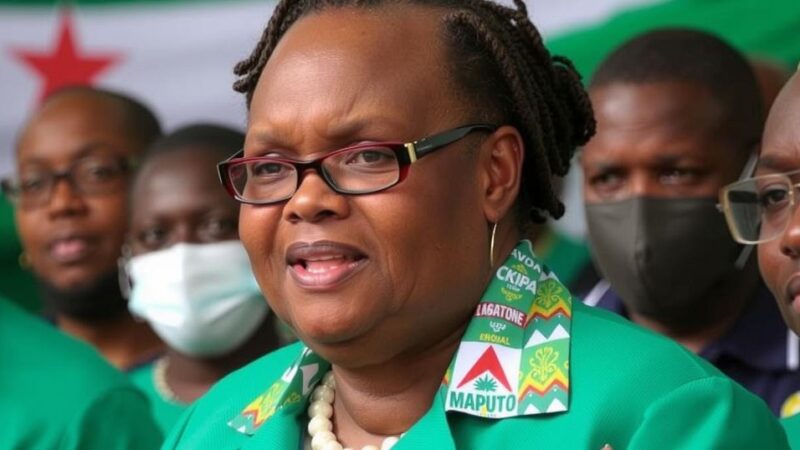Senegal’s ruling party PASTEF claimed a decisive win in the recent legislative elections, strengthening President Faye’s agenda for reform. Despite opposition concessions, former President Sall alleged electoral fraud. The administration aims to tackle corruption and economic concerns amid growing unemployment and recent budget deficits.
The ruling party in Senegal, PASTEF, has officially declared a significant victory in the recent legislative elections held on the preceding Sunday. This success, following President Bassirou Diomaye Faye’s earlier presidential win, allows the administration to pursue its ambitious reform strategies. Preliminary results indicate that PASTEF triumphed at numerous polling stations. Government spokesperson Amadou Moustapha Ndieck Sarre expressed gratitude to the Senegalese people for their support, acknowledging the solid victory. Despite ongoing vote counting, the two primary opposition parties have conceded defeat. Barthelemy Dias, the leader of one opposition coalition, congratulated PASTEF on their electoral success. However, former President Macky Sall, who heads the Takku Wallu Senegal opposition group from abroad, alleged that the elections were marred by substantial electoral fraud, without offering specific evidence supporting his claims. President Faye, who aims to implement significant reforms, highlighted challenges he faced during his earlier tenure due to the previous opposition-led parliament’s obstruction. The lack of a parliamentary majority hindered his efforts to address issues like corruption, foreign fishing permits, and equitable resource distribution. Following his presidential win with over 54% of the vote in March, PASTEF’s electoral prospects in the legislative elections appeared favorable under Prime Minister Ousmane Sonko. Sall, having faced criticism for his legal challenges against Sonko and Faye, instigated unrest in the lead-up to the presidential elections. Meanwhile, former Prime Minister Amadou Ba and Dakar’s Mayor Barthelemy Dias led their respective coalitions, contributing to a campaign marked by some conflict but overall characterized by relative peace. In the economic landscape, the new government is grappling with criticism regarding its performance on unemployment and financial management, compounded by revelations of a more significant budget deficit. The IMF has suspended an aid program pending a financial audit, while Moody’s downgraded Senegal’s credit rating. In response, the administration has attempted to alleviate economic pressure by reducing the cost of essential goods, despite increased budget constraints.
Senegal has a history of political contention, often marked by a vibrant opposition and challenges within the ruling government. The recent legislative elections were significant as they followed a presidential election that saw Bassirou Diomaye Faye’s PASTEF party come to power. The dynamics of power shifts between the ruling party and opposition often reflect broader societal issues, including economic concerns like unemployment and governance-related controversies. The current administration is presented with both a mandate from its recent electoral success and the hurdles of previously existing political tensions.
In summary, the PASTEF party’s victory consolidates President Faye’s power, enabling him to advance his reform agenda. Despite opposition claims of electoral fraud and ongoing economic challenges, the government’s electoral success suggests a public appetite for the changes promised by the Faye administration. The opposition now faces a critical challenge to regroup and respond effectively to the prevailing political landscape, all while the administration strives to address significant socioeconomic issues in Senegal.
Original Source: www.dw.com






